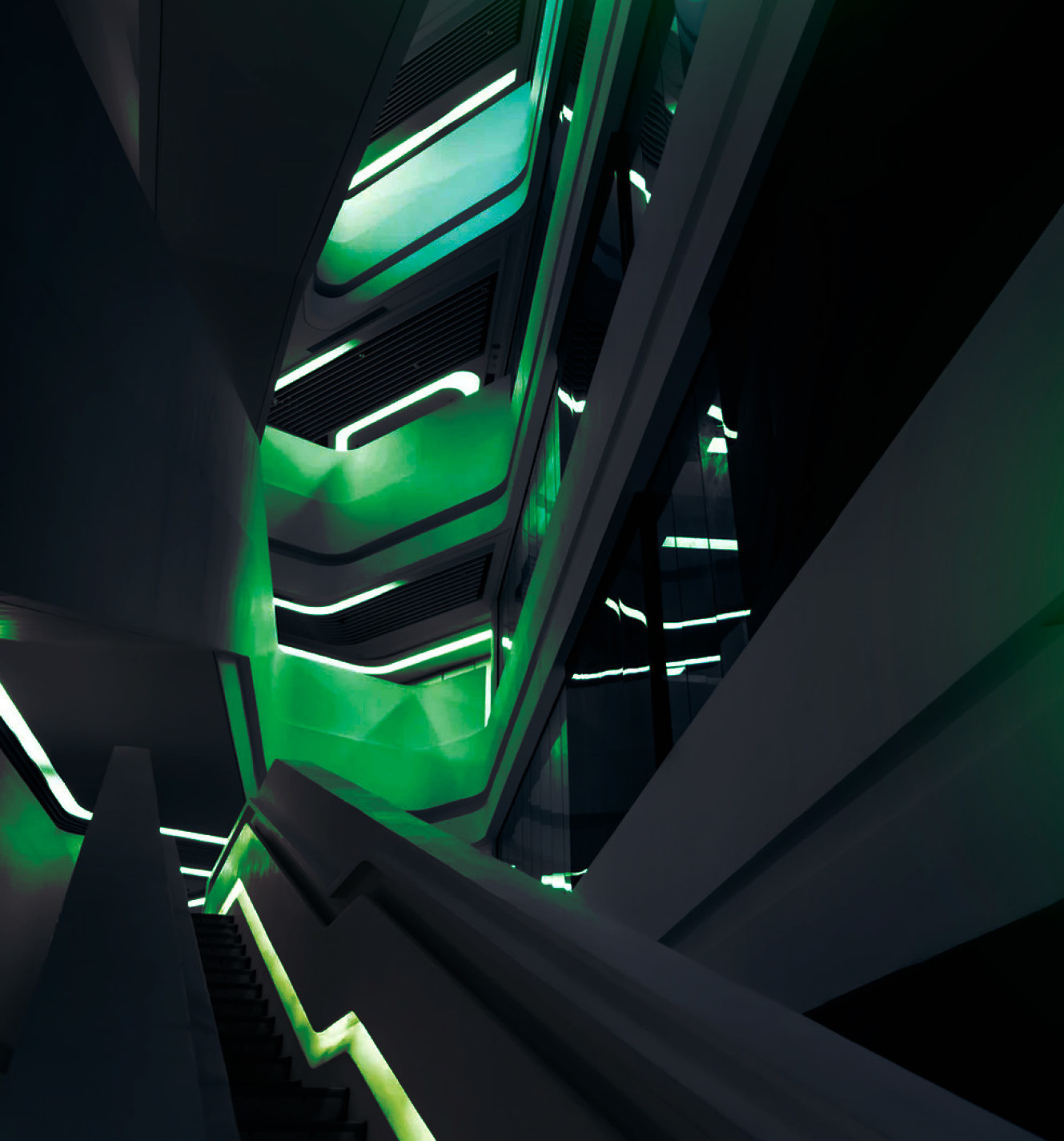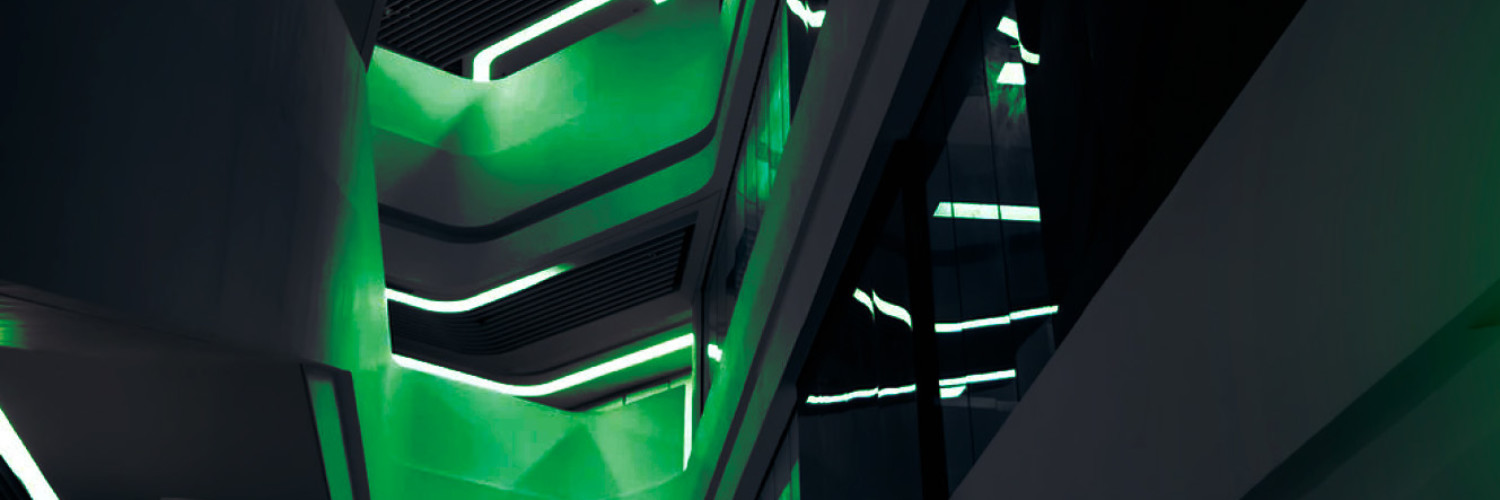Copyright Ownership in Works Created by Artificial Intelligence – A Complex Landscape

First as a sidenote, this article has been created partly with ChatGPT just to test its capabilities. All mistakes and errors are however, attributable to the undersigned. The advent of artificial intelligence (AI) has revolutionized numerous industries, including the creative sector. AI algorithms can now generate paintings, compose music, write stories, and even produce original code. However, this remarkable progress has raised important questions surrounding copyright ownership. Who owns the rights to works created by AI? Is it the human programmer, the AI system, or neither? This article explores the complex landscape of copyright ownership in works generated by AI.
In most cases, AI systems rely on human programmers or developers to design and train them. These programmers provide the initial algorithms, data sets, and parameters that enable the AI to create works autonomously. In such instances, copyright law generally attributes ownership to the human creator, considering the AI as a mere tool or extension of their creative expression. This principle is similar to how copyright applies to other tools, such as cameras or computers, used by artists to create their works.
Copyright law grants protection to original works that possess a sufficient degree of creativity and human authorship. While AI-generated works can exhibit creativity, they often lack the human touch typically associated with copyrightable works. This absence of human authorship poses challenges when determining copyright ownership.
Some argue that AI systems can be recognized as independent creators deserving of copyright protection. They propose that if an AI system generates a work autonomously, without direct human intervention, it should be regarded as the author and copyright owner. This viewpoint suggests that AI-generated works could be protected independently and potentially even transfer their rights. However, personally we believe that the most crucial justification even for copyright relates to economic rights. Intellectual property rights restrict free competition and create economical incentives, as well as prevent free-riding. We should have such limitations to free competition only if we are better off as a result. Then the relevant question is that would be better off at the global level, if all works generated by machines would limit possibilities to utilize, .e.g., public domain art? To date, copyright laws have generally been silent on the matter of AI-generated works. Most jurisdictions recognize copyright ownership based on human authorship and originality. The absence of explicit provisions addressing AI-generated works creates uncertainty and leaves a legal vacuum. The debate surrounding copyright ownership in AI-generated works also raises ethical considerations. It prompts discussions on the societal implications of AI advancement, potential displacement of human creators, and the equitable distribution of benefits derived from AI-generated works. These discussions highlight the need for comprehensive legal frameworks that balance the interests of all stakeholders involved.
In some cases, copyright ownership of AI-generated works is addressed through contractual agreements. Parties involved in the development and use of AI systems can negotiate specific terms regarding copyright ownership. These agreements may stipulate whether the human programmer retains ownership, grants it to the AI system, or establishes shared ownership. Licensing models can also be employed, allowing the commercial use of AI-generated works while compensating both the human creator and the AI system. Personally, I do not believe that agreements on the “owner” of copyright should be enforceable, copyright is created by virtua of legislation and who is an author should not be subject to a contractual freedom. After it has been generated and under the law assigned to the authors, the matter is naturally different.
The evolving landscape of AI-generated works poses challenges for copyright law, which is rooted in human authorship and originality. Determining copyright ownership in AI-generated works requires careful consideration of legal, ethical, and practical factors. As AI continues to advance, it is crucial for lawmakers, legal experts, and stakeholders to collaborate in shaping comprehensive frameworks that protect the rights of human creators, encourage innovation, and address the unique challenges presented by AI-generated works.

